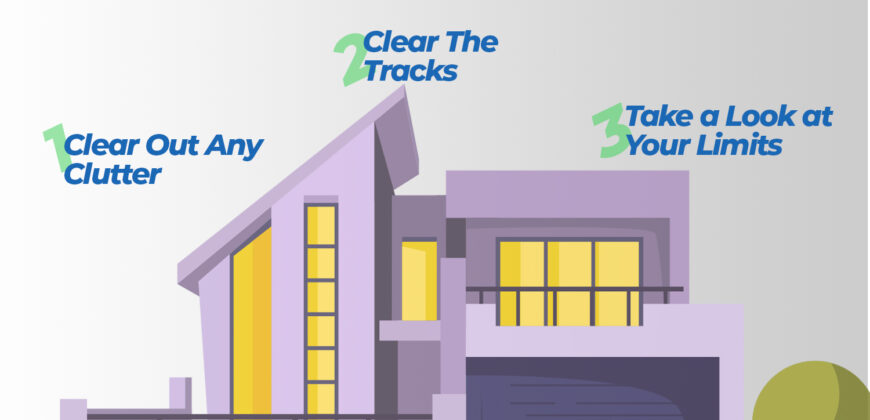What Are The Dangers Of A Broken Garage Door?
A broken garage door can easily become a hazard. If you discover your garage door has a problem, using it before it is repaired can be dangerous. Your garage door can become run-down as a result of extreme weather, age…




Recent Comments